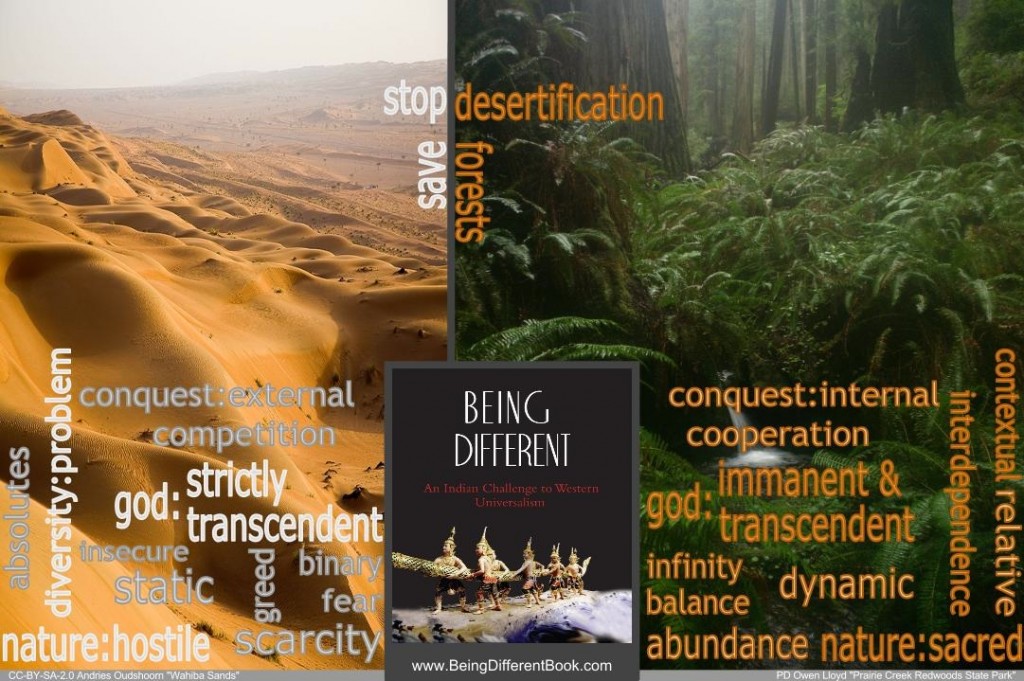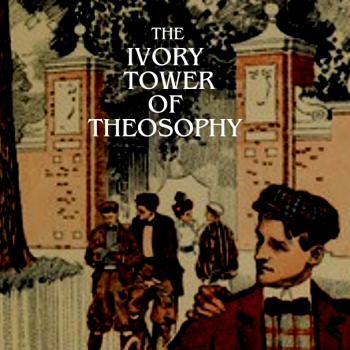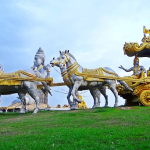My book’s emphasis on difference is mainly about differences in axioms, truth-claims and philosophies. The purpose is to demonstrate that all truth-claims are not the same, and the intent is not to establish the superiority or inferiority of any. Some post-modernists do find all truth-claims to be essentialism, including all scientific claims; however, that is such an extreme view that I shall not bother to address it. My response here is to another kind of charge of essentialism – i.e.... Read more
















